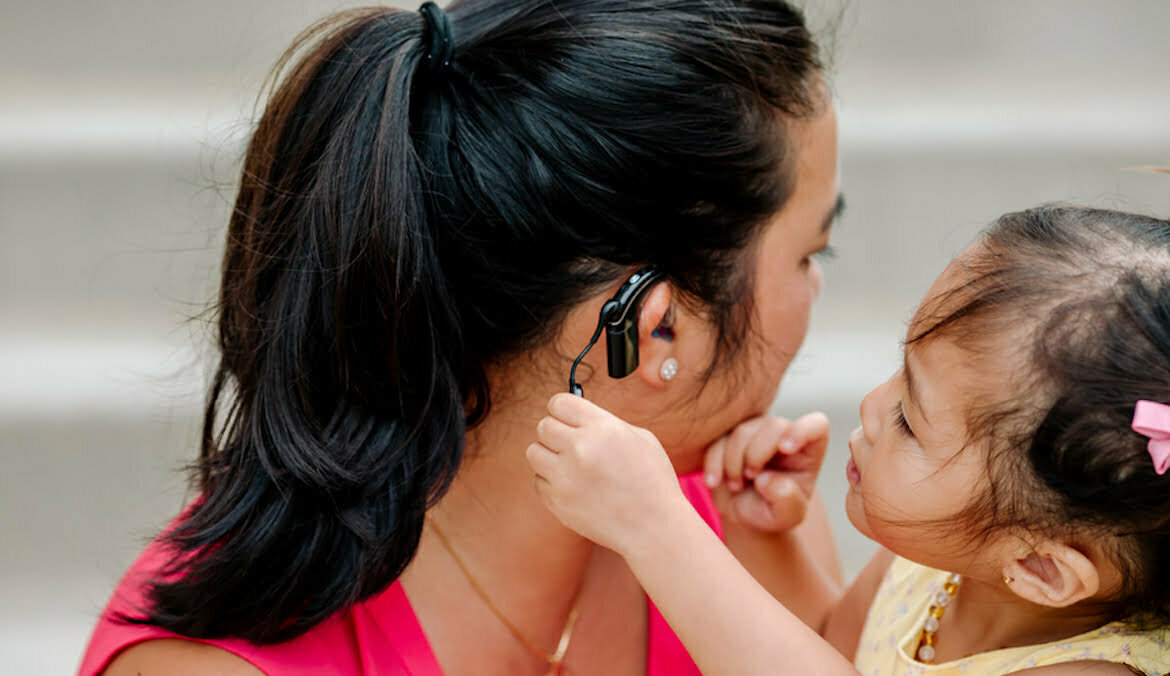This fall, the US Food and Drug Administration approved certain models of hearing aids for over-the-counter (OTC) purchase, a historic change for the millions of Americans who experience some form of hearing loss. The over-the-counter hearing aids you can now buy at your local pharmacy use the same technology as certain prescription hearing aids and are intended for adults ages 18 and older who have a mild-to-moderate hearing impairment. But hearing aids that you can buy without a prescription usually have fewer features and can’t be changed. (Just FYI, any hearing aids that don’t fall within those parameters, such as those designed for moderate to severe hearing loss or for children, will still require a prescription.) In practice, this means that you can go in and buy a hearing aid. The National Council on Aging says that people can get help without having to get a medical exam, a prescription, or an adjustment from a professional.
People who can’t see a hearing specialist or doctor regularly will now be able to afford hearing aids and get them if they need them. While there are some drawbacks, experts largely say this is a good thing, and it’s been a long time coming. Congress passed bipartisan legislation in 2017 that said the FDA had to make a category of over-the-counter hearing aids. This has not been fully put into place until now. It took several years for the FDA to approve and manufacture devices for this new category of hearing aids, says Robin Carson, AuD, Senior Audiologist at Eosera, a company that specializes in ear care products.
This makes it possible for several individuals to get the treatment they need for their hearing loss. Amy Sarrow, AuD, CCC-A, an audiologist and MD in Michigan, says that “over-the-counter hearing aids offer a cheap way for more people to get hearing health care.” “More than 40 million people in the US suffer from hearing loss, yet less than 30% have sought treatment. We know that untreated hearing loss is linked to a lower quality of life, worse mental health, and even worse financial health. It is also one of the biggest risk factors that can be changed for cognitive decline.
Why access to over-the-counter hearing aids is so important
Cost and stigma are the two biggest barriers to access for those who need hearing aids, says Dr. Sarrow. It’s no secret that prescription hearing aids come at a steep price: They typically range from $2,000 to $6,000, and insurance plans are often reluctant to cover them. There’s also the time commitment, as getting to and from doctor’s appointments for tests can be difficult for many people. Again, over-the-counter hearing aids aren’t exactly the same as prescription ones, but they’re a game changer when it comes to cost: They typically cost thousands of dollars less than their prescription counterparts, according to the National Council on Aging. Some over-the-counter hearing aids cost as little as $100 to $300, which has the potential to close this hearing health gap for so many struggling Americans.
For those with mild-to-moderate hearing loss, normal ear canal structure, and the ability to use technology with some independence, the FDA’s clearance of over-the-counter hearing aids is a crucial step in helping to cut expenses, according to Dr. Sarrow. He hopes that increasing availability would motivate more individuals to seek therapy, which will eventually help to reduce stigma.
What you should know about using over-the-counter hearing aids
Not everyone should utilize the over-the-counter hearing aids that are now available at the drugstore. While patients with mild to moderate hearing loss might make good candidates, Dr. Carson advises that more severe cases should be handled by a specialist. In a perfect world, she says, you’d find a doctor who would check your hearing every year and give you regular follow-up care. This is due to the fact that untreated hearing loss may have negative health implications including cognitive decline, social isolation, and tiredness, “which can be avoided or decreased when devices are fitted appropriately following the best practices of a hearing health specialist,” he adds.
While it’s not always possible, first talking to a trusted provider about your hearing problems and getting a hearing test may help you decide if over-the-counter hearing aids are a good option for you. Getting the right fit, making sure the features match your particular hearing issues, and knowing how to care for your hearing aids, over-the-counter or otherwise, will help you get the best possible results for years to come.







